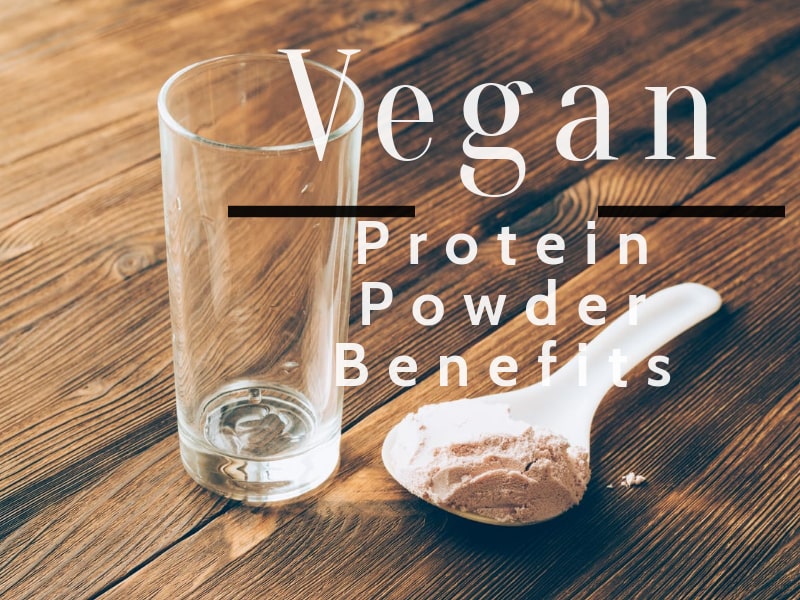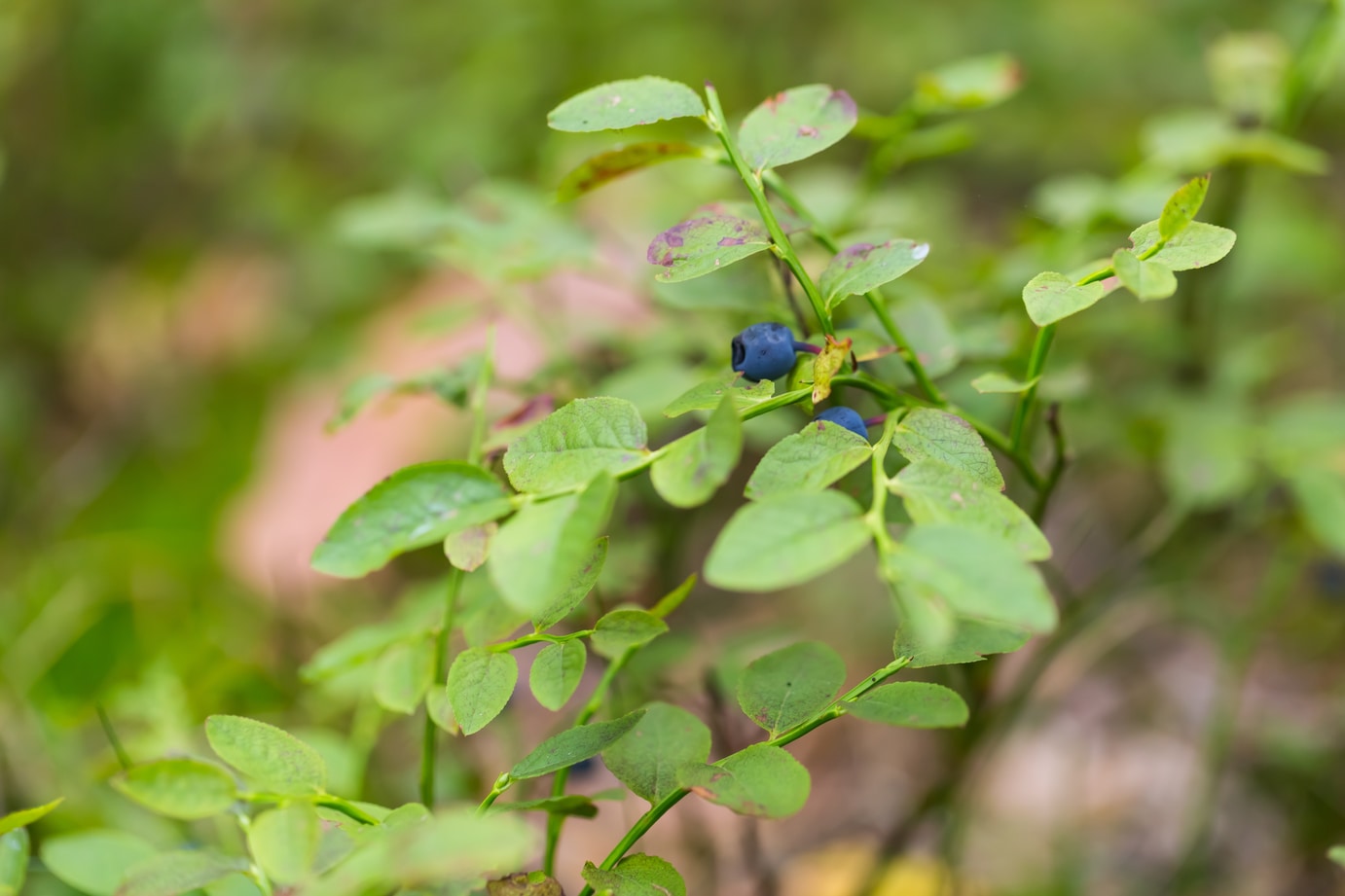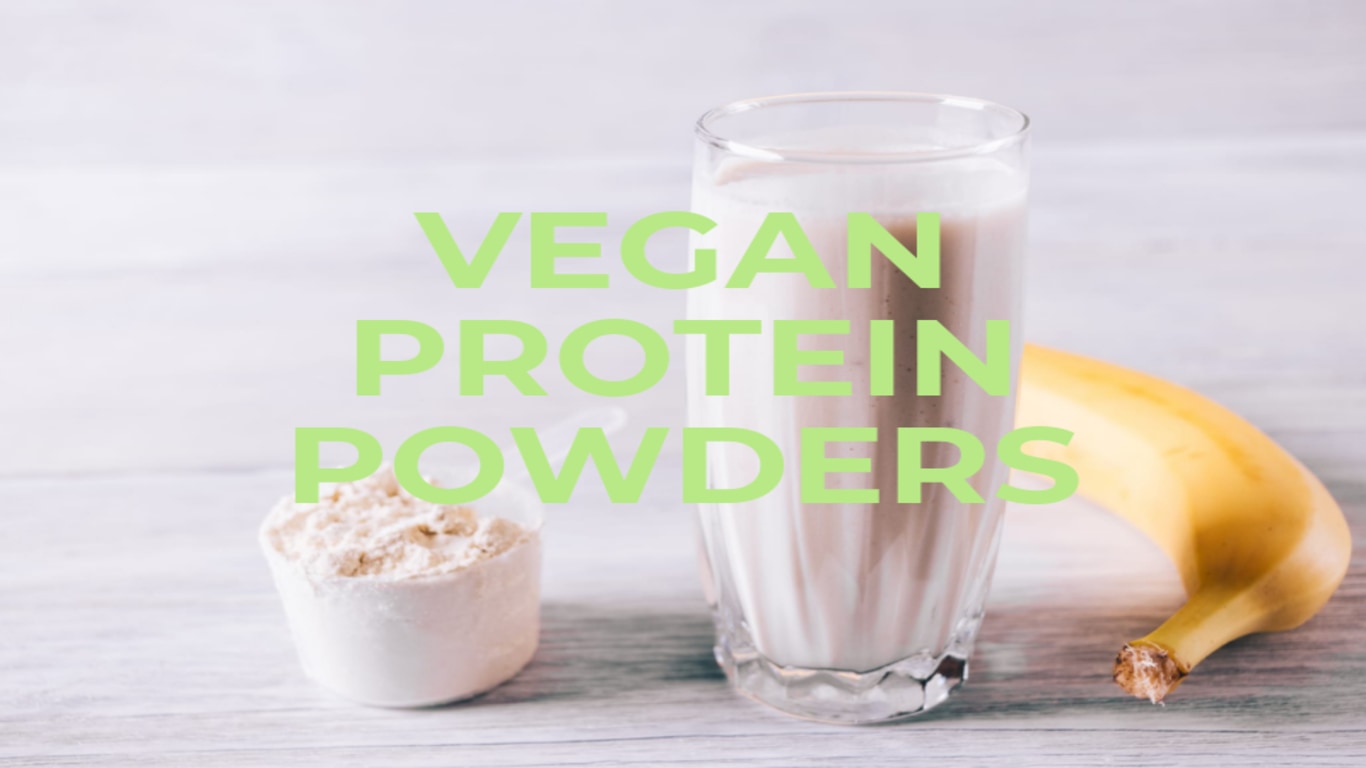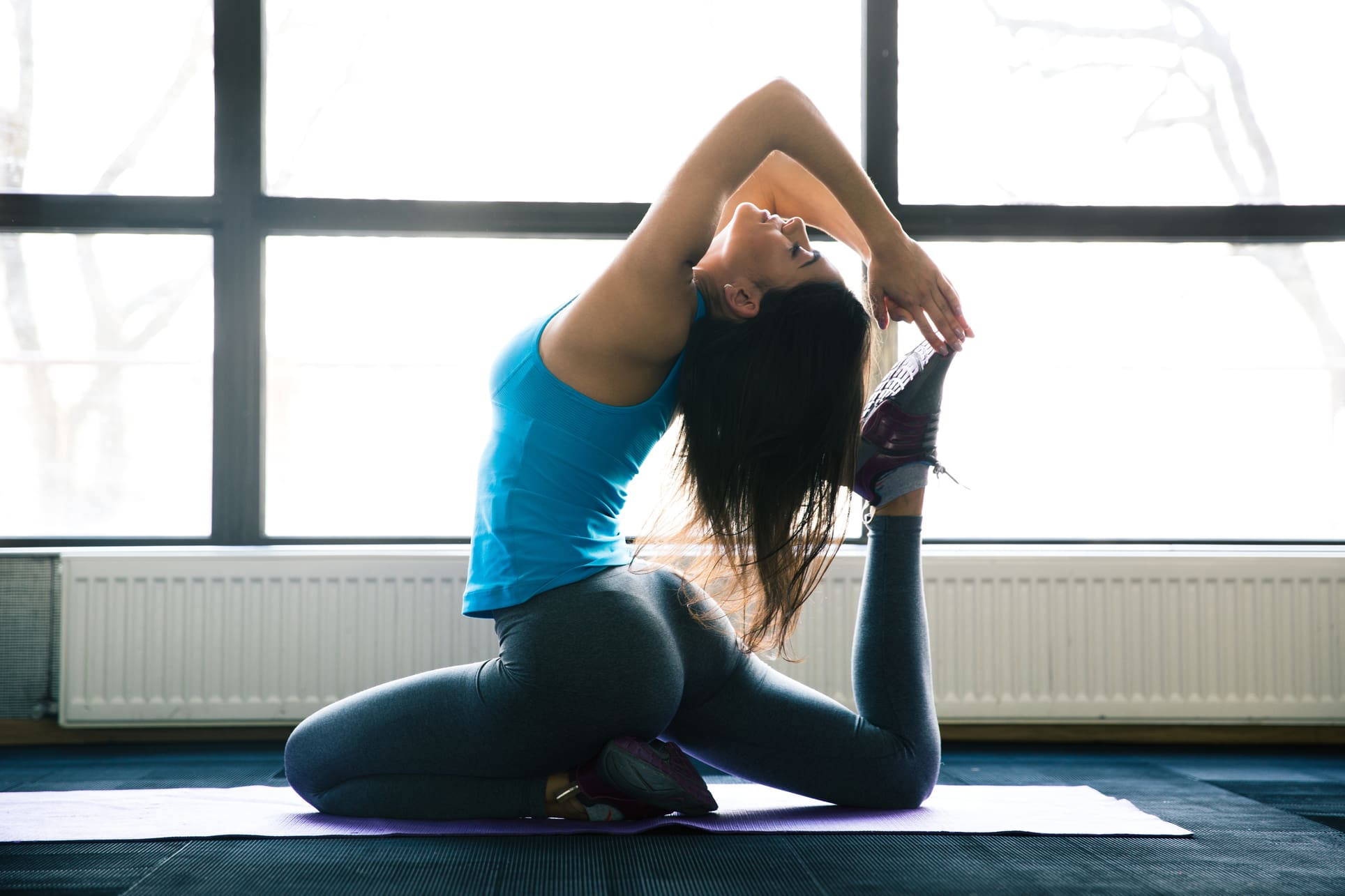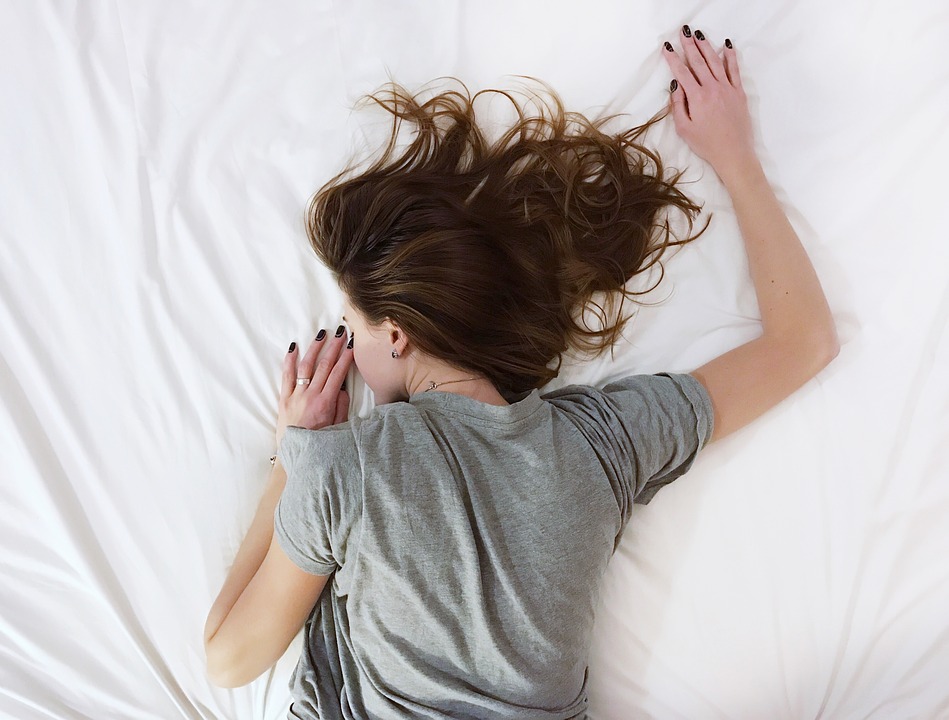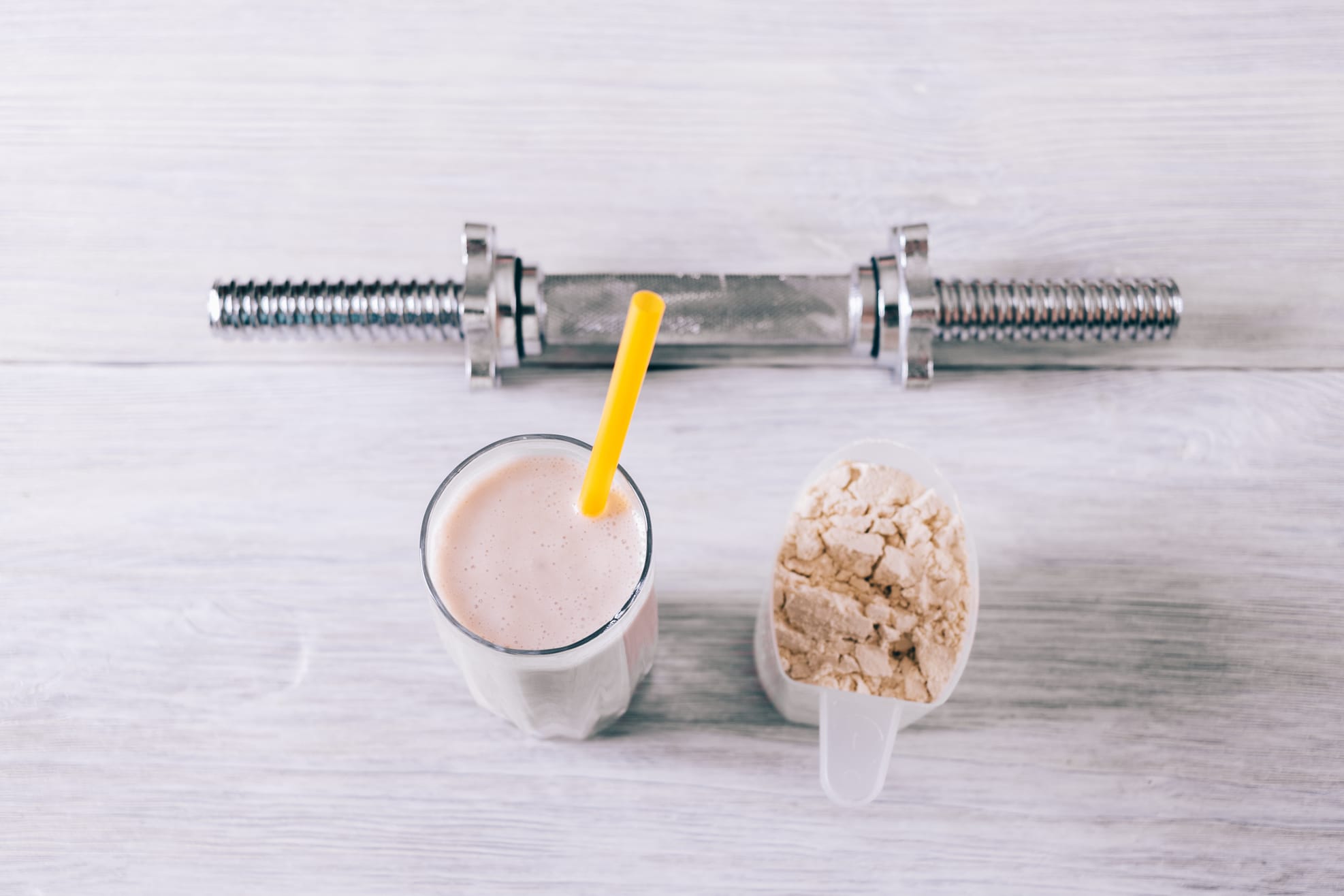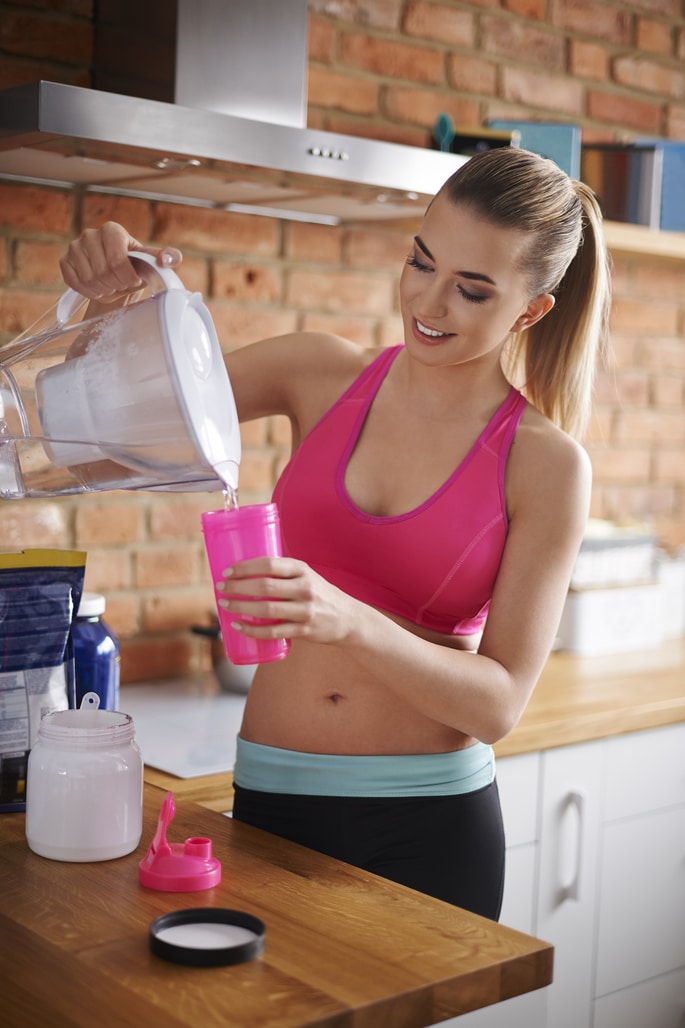Disclosure: This article may contain affiliate links. If you decide to make a purchase, I may make a small commission at no extra cost to you.
The weather is warming up, and this can make it much more difficult to fall asleep. Sleep deprivation is also an epidemic in the world and a very costly one to health and well-being. What tea you drink can have a dramatic impact on your ability to sleep and relax.
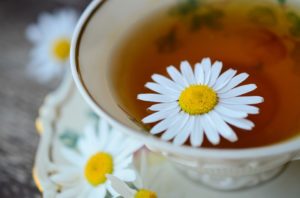
I recently came across an interesting talk with Matthew Walker Ph.D., the author of the book “Why We Sleep – Unlocking the power of sleep and dreams“, and author of over 100 scientific papers on sleep. He talked about the restorative functions and the negative effects of sleep loss, and how people can improve it.
My sleep isn’t the worst, as long as I am left to my own schedule. But I know that I could do a lot better in keeping to a routine which would reduce the number of days I experience loss of sleep.
To feel good, I need about 8 hours. I feel okay if I get 7 hours, but not at my peak. If I get 6 hours, I start to feel the effects of it, especially if I only get that amount for a few days in a row.
There are many easy changes people can make to have a more restful night.
- Stop drinking caffeine after 2 pm
- Don’t eat high fat or high protein meals in the evening
- Lower the room temperature (body temperature needs to drop by 1 degree)
- Turn off all the lights or dim them during the evening
- Install applications on your computer and phone to reduce the amount of blue light
- Go to bed at the same time every night and wake up at the same time
- Make sure you’re not deficient in minerals which significantly affect sleep quality.
Those are simple, free, and easy ways everyone can improve their sleep. But if you’re really stressed out and need something to relax, then replacing your evening coffee with a herbal tea to help promote sleep might get you back on track to a healthy sleep routine.
Best teas for sleep and relaxation
All of the teas I recommend below consistent of natural ingredients which have been shown in studies to help improve the time it takes to fall asleep and also help lower levels of stress.
# 1 Pukka Night Time Organic Tea
I’ve put this tea as my first recommendation because it’s the tea that I’ve used the most, and the one which I have found most effective in helping promote sleep.
The tea is completely caffeine-free and also contains many organically grown ingredients backed by science.
Pukka has a wide range of teas, and they are one of my favorite tea brands.
-
- Oat flowering tops
- Licorice root, chamomile flower, lavender flower
- lime flower
- Valerian root, green rama tulsi leaf
See reviews for Pukka Night Time Tea
#2 Yogi Bedtime Tea
Yogi tea has a long history of providing high-quality natural teas. I really love the sweet citrus taste you get from this tea.
The tea is also fairly cheap too! But to get a more powerful effect in helping me relax, I would normally have two tea bags in one cup before bedtime. I find that this works better. The downside, of course, is that the box of tea doesn’t last as long.
Compared to many other brands, yogi bedtime tea has included a wide variety natural ingredients to promote relaxation for a most restful sleep. I highly recommend giving this one a try!
- Organic licorice root
- Spearmint leaf
- Chamomile flower
- Skullcap leaf
- Cardamom
- Cinnamon bark
- St. John’s Wort leaf and flower
- Rosehip
- Raspberry leaf
- Lavender flower
- Stevia leaf
- Valerian root extract
- Passionflower extract
See reviews for Yogi Bedtime Tea
#3 Bigelow Sweet Dreams Herbal Tea
Bigelow is a very popular brand and has been going for a long time. Back in 1945, the first tea was created called “Constant comment”. Since that time, they’ve been trying to refine and improve their products with natural, healthy ingredients.
They aim to provide the highest quality teas at the lowest possible price.
Bigelow herbal blend tea has a sweet chamomile taste with a bit of mint. It only contains a few natural ingredients and has a milder effect than the previous two teas for promoting sleep.
That being said, the tea is unique compared to the previous two, but one negative for me is that it doesn’t contain valerian root, which is a good sleep aid.
- Chamomile
- Hibiscus
- Peppermint leaves
- Rose blossoms
- Spearmint leaves
- Spices
- Orange blossoms.
See reviews for Bigelow Sweet Dreams tea
 #4
#4  Yogi Calming Tea for relieving mild tension and to help you relax and sleep
Yogi Calming Tea for relieving mild tension and to help you relax and sleep
It’s not quite your bedtime yet, but you’re looking for something which will be soothing and help relieve that muscle tension you’ve built up from a day of hard work.
This tea by Yogi is absent of the more sedative type herbs which help promote sleep but has included more of the herbs that calm you and help relax the muscles in your body.
For those who are addicted to coffee or tea, this is a great alternative to drink during the late afternoon and evening for a more restful sleep during the night.
The main ingredients in this tea include
- Organic lavender flower and licorice root for a sweet soothing flavor
- Chamomile, lemongrass, Gotu kola: these help support a healthy balanced nervous system
- Hibiscus flower
- Fennel seed
- Orange peel
- Rose Hip
This calming tea has many positive reviews and is a great choice if you’re looking for a nice relaxing drink.
They also have a Honey Lavender version available as well.
See reviews for Yogi Calming Tea
Are herbal teas really effective?
When it comes to natural vs synthetic medications, it’s true that medications can generally be much more powerful and induce sleep more easily than natural ingredients. However, as you probably know, medications come with the risk of serious side effects and have even long-term negative consequences such as increased risk of death.
The benefits of using natural herbs over medications are that they promote healthy herbs which have beneficial effects on the body besides their ability to help you relax. They reduce levels of stress hormones in the body which are preventing you from sleep. And they are non-addictive.
The individual ingredients by themselves might not be extremely powerful, but many of them have been shown to have beneficial effects on sleep quality. The real magic happens is when you combine several ingredients together.
Let’s take a look at a few of the main ingredients included in the recommend bedtime and stress relieving teas above, and look at the evidence behind their relaxation and sleep-promoting effects.
Warning: some ingredients in these teas are not suitable for pregnant or breastfeeding women. Please check the product descriptions for more information.
Valerian root
When you go shopping around for a tea to help you fall asleep, one of the most common ingredients you’ll find is valerian root extract.
It’s known for its powerful sedative effects, and trust me, it works! If you have mild-moderate insomnia, and difficulty in relaxing at night, you want a tea that includes this ingredient.
However, for severe insomnia, studies have shown that it doesn’t appear to be effective by itself.
The way valerian root is thought to work is through its modulation of the GABA(A) receptor. [1]
Chamomile
Chamomile is included in herbal sleep teas because of its powerful anxiolytic effects.
In 2017, a study was published in elderly people who were given chamomile extract to improve their sleep quality.
The treatment group took 200 mg of chamomile extract twice a day for 28 days, and by the end of the study, significant improvements in sleep were found in the treatment group, even though both treatment and controls started off at the same baseline. [2]
In 2018, another clinical trial involving chamomile demonstrated its powerful effects in helping reduce stress levels. They noticed significant improvements in cortisol levels (stress hormone) and symptoms of people who suffered from moderate to severe generalized anxiety disorder. [3]
Chamomile is a good ingredient that will help promote relaxation as well as calming your thoughts at night.
Licorice Root Extract
Licorice is known to have many interesting biological activities when consumed in the form of sweets or as a tea. It contains many different compounds which help promote sleep by activating on the GABA(A) receptor.
The main flavonoid responsible for this effect is called glabrol. [4]
Peppermint and spearmint
Both of these herbs are great for helping digestion and relieve stomach issues which might be keeping you awake at night. If you’ve have had a stressful day, or aren’t sleeping great, you’re likely to be having some disturbances in your digestion.
But these mints also give a pleasant aroma which is known to affect the electrophysiological activity of the brain and help promote sleep.
Lavender
Lavender has been used for many years to treat sleep disorders, as well as anxiety and depression.
Studies have shown that lavender essential oils do indeed help promote quality of sleep in patients who have a high level of stress, such as those in intensive care units. [5]
Lavender essential oil has also been shown to be beneficial in the quality of sleep of postpartum women.
The study involved 158 mothers in the postpartum period and separated the groups into treatment and control.
After 8 weeks, it was found that aromatherapy using lavender was effective in improving the quality of sleep for mothers.
Passionflower (Passiflora incarnata L.)
Passionflower is often found in herbal remedies because of the high amount of GABA and flavonoids present, which may be synergistic with other ingredients such as valerian root in inducing relaxation and sleep according to some research studies. It also is known to have anticonvulsant effects.
Cinnamon bark
Often included in teas for its delicate and sweet taste. It’s also very useful in helping control insulin levels and blood sugar. One of the things that can affect sleep is blood sugar crashes after eating high sugar meals.
Skullcap
One of the main benefits of having skullcap in a bedtime tea is because of its ability to help muscle pain and act as a muscle relaxant. If you’ve had a workout and are aching from it, it can make it difficult to fall asleep.
Natural muscle relaxants like skullcap can be great for people with tension and muscle aches which are preventing them from sleeping.
St. John’s Wort leaf and flower
St. John’s wort has been used in alternative medicine for mood and anxiety disorders with some success. There is also some evidence that it may help stabilize the mood of people who suffer from a condition known as “seasonal affective disorder”, which typically occurs when there are insufficient daylight hours.
Depression is one of the leading causes of sleepless nights, so anything which can help alleviate depression will also help improve sleep quality. [6].
However, there are some cases where people have reported negative effects on their mood and anxiety levels when taking this supplement. But the amount that is usually present in teas is small in comparison to available supplements.
Cardamom
Studies have shown that cardamom has many biological activities when consumed. It has antioxidant and anti-inflammatory properties but also is effective in lowering blood pressure and having a mild sedative effect.
There are many reports which show sleep loss has a great impact on the body’s defenses and causes a significant increase in blood pressure and inflammation. Cardamom is a good ingredient to include in teas and sleep aids to help combat these effects.
Raspberry leaf
Raspberry leaf has many interesting properties and is well known for its ability to stimulate labor in women. Therefore, this should not be used by women who are pregnant.
The leaf also is able to improve digestion, making it easier for you to sleep. It also boosts your immune system.
Did you know if you have just one bad night of sleep causes your immune system to crash, and it has significantly fewer T cell activity to fight cancer?
Herbs like raspberry leaf can help restore your immune system balance from poor sleep.
Rose Hip
Rose Hip contains large amounts of vitamin C, which is great for the immune system.
It also has been used in alternative medicine for people with arthritis, fever, and upset stomachs.
Fever is a big reason for the loss of sleep when you’re sick. One of the indicators your brain is ready to sleep is when you start feeling colder as your body temperature drops.
Gotu Kola
Gotu Kola has been used for hundreds of years in Ayurvedic and traditional Chinese medicine to help conditions like depression and anxiety. Some animal studies have shown that it reduces the startle response in animals, indicating that they were less stressed.
In humans, similar results have been noted, with significant anxiolytic effects (reducing anxiety) without affecting motor response. [6]
Hibiscus
Known for its antidepressant-like activities, partly because of its high anthocyanidins content. Not only that, it has proven to have significant anxiety-reducing and sedative effects, especially used in repeated and high doses.
It’s believed that the mechanisms behind these effects are through the dopaminergic, noradrenergic and serotonergic mechanisms.
Your recommendations
If you’ve tried nighttime teas, which ones have you tried? And which ingredients have you found to be most effective in helping you relax and sleep better? I’m always looking to try out new teas! 🙂




